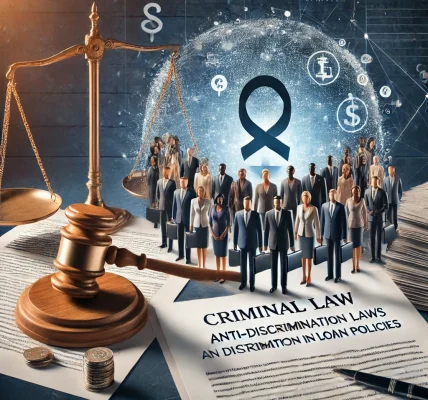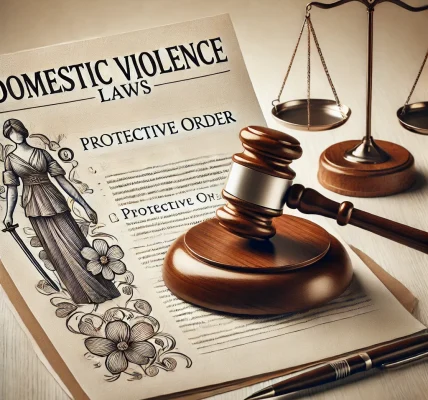Plea bargaining is a crucial aspect of the criminal justice system that allows defendants and prosecutors to negotiate agreements, often leading to reduced charges or lighter sentences. While this practice helps in expediting legal proceedings and reducing court congestion, it also raises concerns regarding justice and fairness. This article explores the advantages and disadvantages of plea bargaining and its impact on defendants, prosecutors, and the legal system.
1. What is Plea Bargaining?
Plea bargaining is a legal agreement in which a defendant agrees to plead guilty to a lesser charge or accept a reduced sentence in exchange for avoiding trial. This process benefits both the prosecution and the defendant by expediting the case resolution.
Types of Plea Bargaining
- Charge Bargaining: The defendant pleads guilty to a lesser charge than originally filed.
- Sentence Bargaining: The defendant pleads guilty in exchange for a lighter sentence.
- Fact Bargaining: The defendant agrees to admit certain facts in exchange for the exclusion of other evidence.
2. How Plea Bargaining Works
The plea bargaining process involves several key steps:
- Negotiation: The defense attorney and prosecutor discuss possible plea deals.
- Agreement: If both parties agree, the defendant formally accepts the plea in court.
- Judicial Approval: The judge evaluates whether the plea deal is fair and legal.
- Sentencing: The court imposes the agreed-upon sentence.
3. Pros of Plea Bargaining
A. Faster Resolution of Cases
Plea bargaining significantly reduces the time required for trials, ensuring that courts are not overloaded with lengthy cases.
B. Reduced Sentencing for Defendants
Defendants often receive lighter penalties than they would if convicted at trial, which can be beneficial for first-time offenders or those facing severe charges.
C. Cost-Effective for Both Sides
Trials are expensive and time-consuming. Plea deals help save resources for both the prosecution and defense by avoiding prolonged litigation.
D. Helps Prosecution Secure Convictions
Prosecutors can ensure that offenders do not walk free due to insufficient evidence by securing a guilty plea rather than risking an acquittal at trial.
E. Protects Victims from Testifying
Victims of crimes, especially in cases of violent offenses, may not want to testify in court. Plea deals can spare them from reliving traumatic experiences.
4. Cons of Plea Bargaining
A. Risk of Coercion
Defendants, especially those with limited legal knowledge, may feel pressured into accepting a plea deal without fully understanding the consequences.
B. Potential for Unfair Sentencing
Plea bargains may lead to lenient sentences for serious criminals or disproportionately harsh penalties for minor offenders who lack adequate legal representation.
C. May Undermine Justice
Since plea bargains prioritize efficiency over trial-based fact-finding, they may lead to wrongful convictions or allow guilty individuals to receive lesser punishments than deserved.
D. Limited Opportunity for Appeal
Once a plea bargain is accepted, defendants often lose their right to appeal, even if new evidence emerges later that could prove their innocence.
5. Impact of Plea Bargaining on the Criminal Justice System
Plea bargaining plays a pivotal role in maintaining the efficiency of the judicial system. Without it, courts would be overwhelmed with trials, causing significant delays. However, critics argue that the system relies too heavily on plea deals, sometimes at the cost of true justice.
6. Should Defendants Accept Plea Bargains?
Whether a defendant should accept a plea bargain depends on multiple factors:
- Strength of the Evidence: If the prosecution has strong evidence, a plea deal might be the best option.
- Potential Sentence if Convicted: If the defendant risks a much harsher penalty at trial, a plea deal may be advisable.
- Legal Counsel Advice: Consulting an experienced attorney is crucial before accepting any plea deal.
7. Conclusion
Plea bargaining is a double-edged sword in the criminal justice system. While it offers significant benefits in terms of efficiency, cost savings, and reduced sentencing, it also presents challenges related to fairness, coercion, and justice. Ultimately, each case is unique, and defendants should seek legal guidance to determine whether accepting a plea deal is in their best interest.




